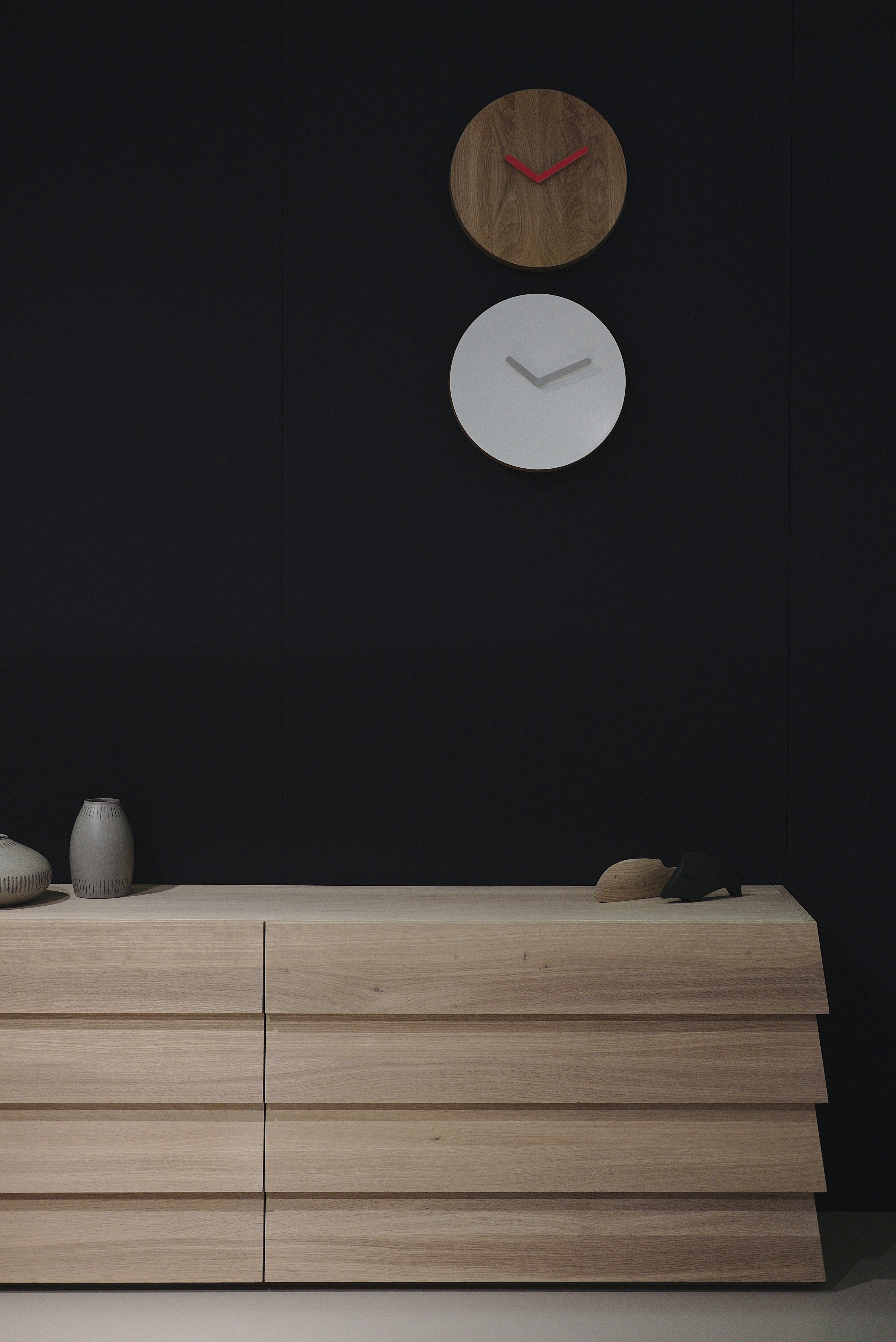The benefits of sharing a bed with your partner.

The case for getting cozy.
Depending on who you ask, sharing a bed with a partner is either the best thing or the worst thing in the world. Those who deal with blanket-stealers and other disruptive bedtime habits may preach the benefits of a sleep divorce. But for others, there’s nothing better than drifting off and waking up beside your significant other—and there’s a science to back up just why some people find this form of intimacy so satisfying.
Sharing a bed may benefit sleep quality
In a study published in 2020, researchers looked at the sleep cycles of heterosexual couples, both when they slept together and when they slept apart. Their findings: when the couples shared a bed, they experienced an increase in the length and stability of REM sleep. This stage of the sleep cycle is characterized by a good deal of brain activity, and it’s pivotal for memory retention—which is why the researchers behind this study say that sleeping together could lead to mental health benefits for couples.
It can also potentially reduce stress
As the Wall Street Journal reported in 2012, the study of sleeping together is a burgeoning one. Another hypothesis scientists have about its benefits? It can reduce stress by lowering levels of cortisol (the hormone responsible for the physical sensations of stress) and increasing levels of oxytocin, aka, the love hormone that helps to strengthen emotional bonds and leave you feeling good. According to Wendy M. Troxel, an assistant professor of psychiatry and psychology at the University of Pittsburgh, these benefits may even outweigh any negatives that come with sleeping with a partner.
And it can affect your relationships
Sleeping together is a deeply intimate experience—so it’s not surprising that it can have a big impact on your relationship. It can, however, depend on a big factor: whether or not you share a similar sleep schedule. If there’s a big difference between the bedtime habits of you and your partner, it can inevitably wreak havoc on your relationship W. Christopher Winter, a neurologist and sleep specialist, told Time in 2018. But that doesn’t mean you can’t make it work: Instead, it can help if couples initially retire to bed together for sex or cuddling, and then one can go to bed and the other can stay up a while later, Colleen E. Carney, associate professor at Ryerson University in Toronto told the WSJ. Communication, of course, is key.
Men are more likely to report that they sleep better with their partners, and while women tend to be more sensitive to their sleep habits (read: more likely to wake up from blanket-hogging, snoring, or other disturbances), they do experience positive psychological benefits when they sleep with a partner, researchers explained to the WSJ. When in doubt, talk it out—or consider investing in a second duvet.





